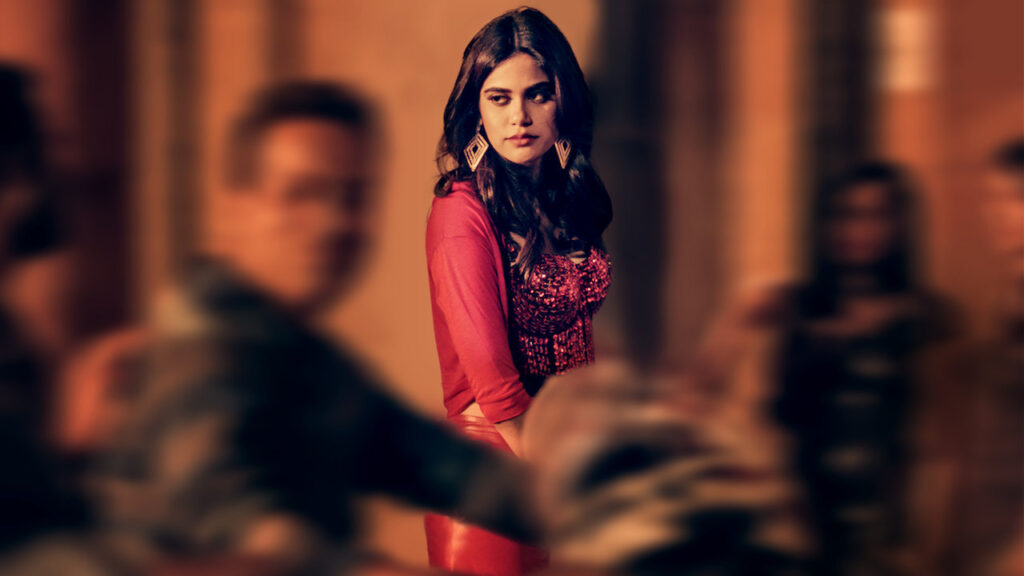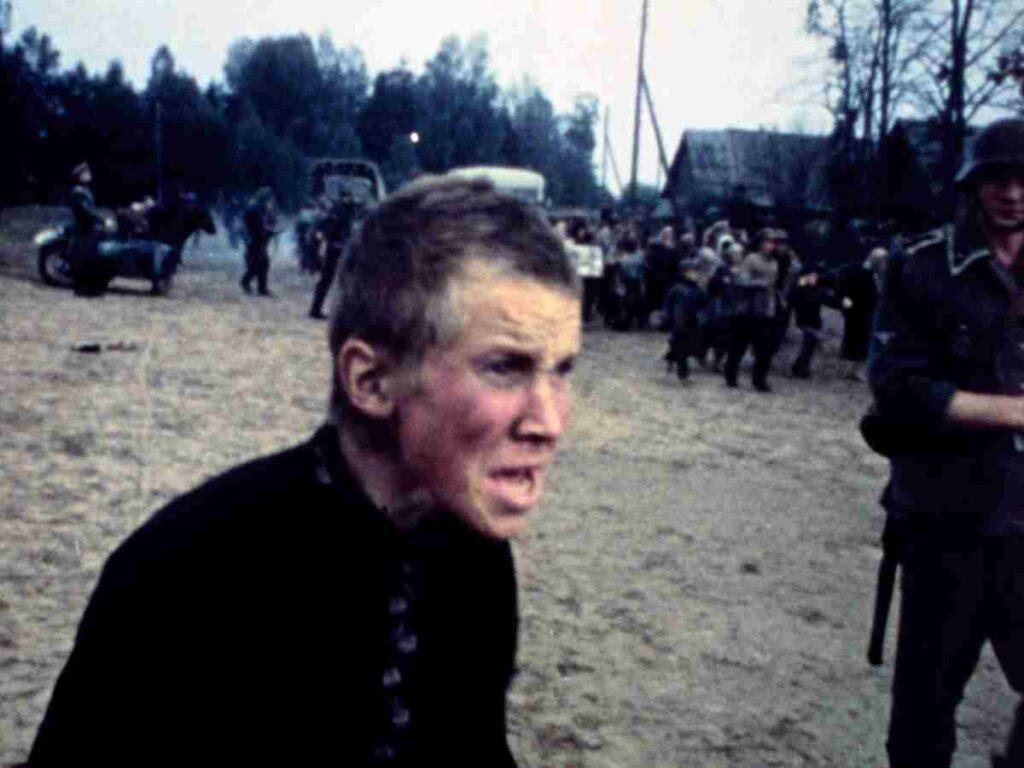Your favourite streaming devices let you in to the best of content in the comfort of your living rooms. While there’s a lot of great international content, good Indian TV shows/series are few and far between. We get you the 7 best Indian TV shows on Netflix streaming right now:
1. She (2020)
Imtiaz Ali’s She has, by and large, been panned by the critics. It’s accused of seeing female sexuality through the male gaze, stereotyping women, trivialising the child abuse trope, reinforcing a dated perspective about women, peddling sleaze and a banal script. I, however, beg to differ from the learned critics.
I loved the show. I found its plot compelling, its unfolding riveting and while the female lead’s transformation from an underconfident lowly cop to a femme fatale coming to grips with her sexuality maybe a bit stretched, such is the stuff drama is made of.
She moves at a rapid pace. Its erotica is understated and effective. It uses the male stereo-typification of women to its advantage and turns it on its head. Critics need to remember that this is not a story about all women. She is singular and her story, of all-round abuse and finally an unlikely source of empathy and understanding, makes for compelling viewing.
Three performances stand out. Aaditi Pohankar, just 25, pulls in an explosive act, emoting vulnerability and raw sexuality with ease. Vijay Varma’s unbridled talent comes to the fore. And Kishore Kumar G as Nayak is controlled and deliberate, a welcome relief.
I suggest you give critics short shrift and watch She.
2. Bombay Begums (2021)
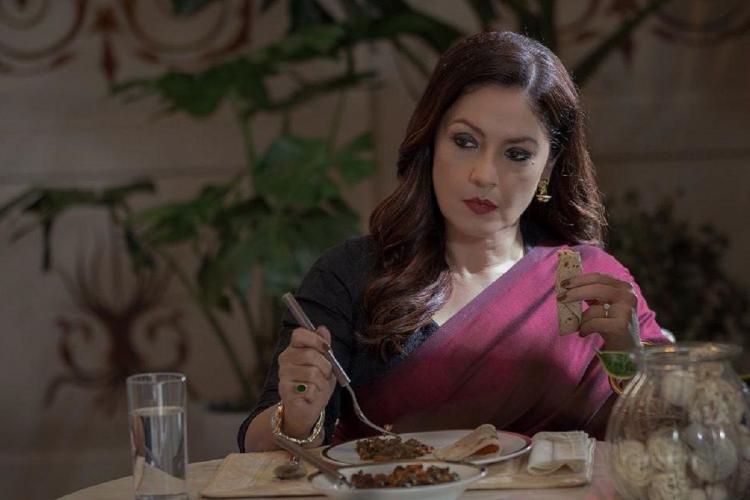
Alankrita Shrivastava continues narrating powerful tales about everyday women with her latest series Bombay Begums. The show is centered around five women who’re all struggling to make it in a world built around patriarchy and misogyny. Alankrita once again manages to give us relatable, flawed women. A large part of why she’s able to pull this off is thanks to the superb performances from the ensemble cast — Pooja Bhatt, Amruta Subhash, Shahana Goswami, Plabita Borthakur, Aadhya Anand, Vivek Gomber, Dan Husain. It’s heartening to see women get their due and finally be able to speak up for themselves, even if it’s in fiction.
3. Taj Mahal 1989 (2020)
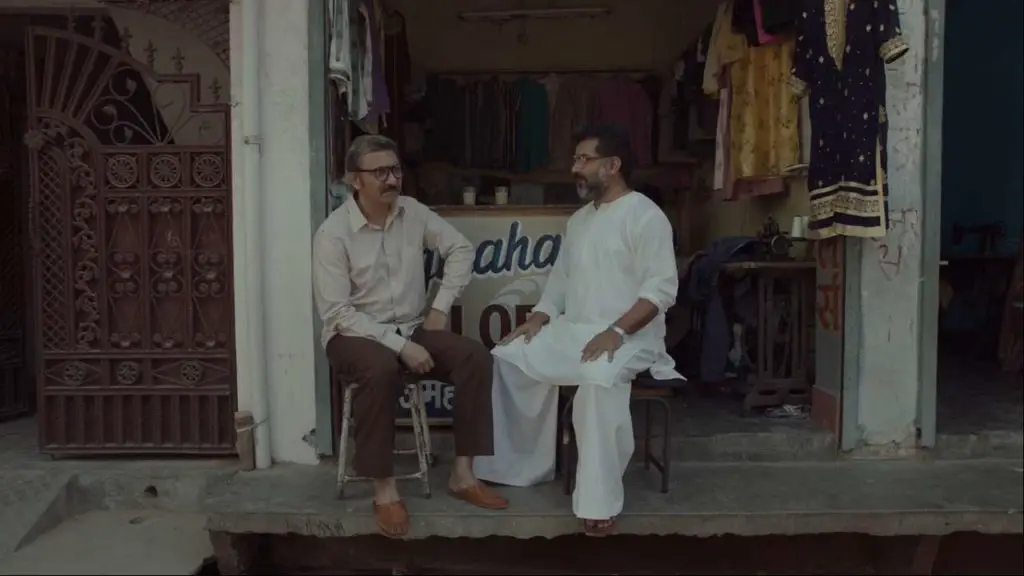
A delightful take on relationships and poetry, youth and politics, and the many mysteries of love in Lucknow in 1989. Lucknow in the 1980s has been beautifully recreated but more than the atmospheric authenticity, I really loved the endearing localism (one that frees, not confines) and fluidity of the language used by the characters. There’s an easy-going nonchalance about it which is so relatable. A neat script is the high point in this deftly crafted series in which two performances stand out for me: Neeraj Kabi as the poetry loving Philosophy Professor with a distaste for Bollywood, and my friend, Dan Husain, a philosophy topper who chooses to become a tailor and falls in love with a prostitute. Both class acts. Watch it!
4. Jamtara (2020)
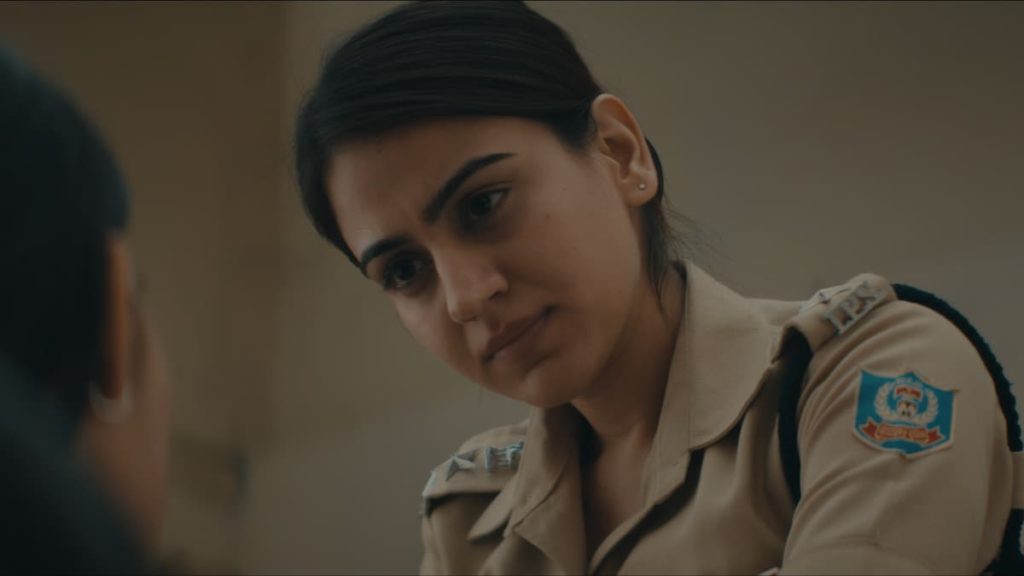
Jamtara is taut, unpretentious and riveting as it unfolds its web of deceit and power play. A nondescript town’s claim to fame is phishing and therein unspools a story of crime, lost childhoods and power equations still rooted in feudalism. Newbie actors put up a splendid show and the direction is remarkably polished. Amit Sial gives a measured performance as the local kingpin with a musical arsenal who doles out protection and patronage but extracts a heavy price.
5. Delhi Crime (2019)
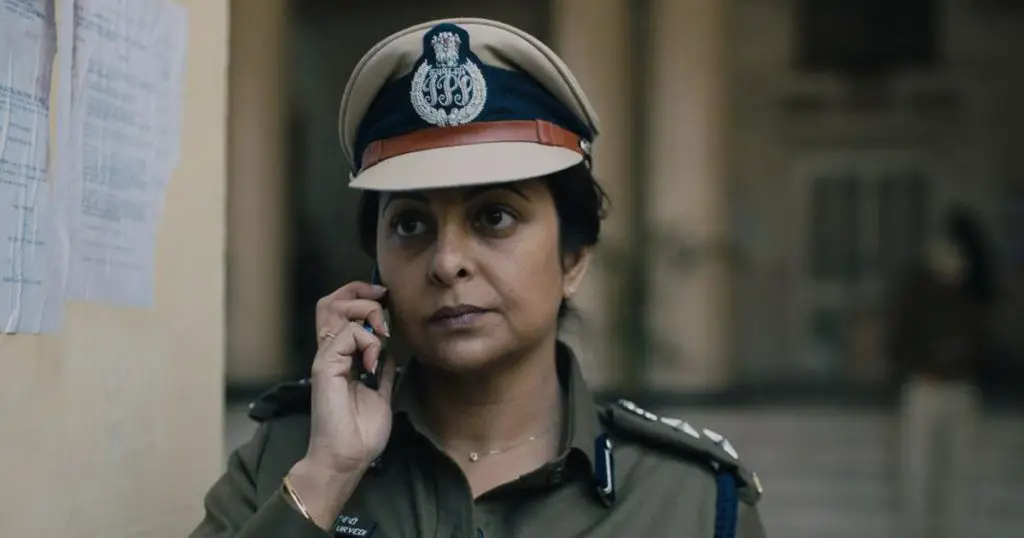
I wasn’t sure if I could bring myself to see this but Richie Mehta delves into this horrendous crime with tremendous empathy and restraint, and without any voyeurism. In fact, the crime is not recreated at all and the series focuses on how Delhi Police launched a massive counteroffensive, despite limited tools, to nab the perpetrators in just five days. It’s not a paean to the often overworked and understaffed police force but brings out their perspective well. All the lead actors, masters of their craft, have performed with integrity and control. Shefali Shah excels!
The series is gut-wrenching and soul-destroying in parts, and deeply disturbing. There’s no melodrama or hysterics but viewer discretion is advised.
6. Little Things (2016 – Present)

I binge-watched both seasons of Little Things and what a delight it turned out to be. Intelligently scripted, it’s an engaging take on millennial relationships and both the lead actors delivered superlative performances. Relatable and replete with nuggets of wisdom about relationships and their evolution, it’s an über-cool show that’s high on conversation and gender equality in real terms.
I found Little Things emotional without being soppy, intense without melodrama and bright without being pretentious. Must see for millennials or those interested in their affairs, pun unintended. And this must be said: Dhruv Sehgal is an explosive talent!
7. Sacred Games (2018)

At the outset, let me say that this is the most audacious attempt in any genre of Indian filmmaking. You may find the violence or liberal use of cuss words off-putting but there’s a prophetic order in this madcap drama. These are sacred games played by the rules of profanity. Where demons reside in the heart of God and human beings are mere playthings in the hands of a maverick presiding deity.
The series is so rooted in the Indian idiom — colloquial, raw, uninhibited and overwhelming — that it rings a bell of familiar disgust and delight. The ethos it captures mirrors abuse and depravity. You begin to wonder and look for a redeeming quality.
This is Anurag Kashyap at his best, clearly influenced by the lyrical gore of Tarantino. And I don’t know which scenes were directed by the equally brilliant Vikramaditya Motwane, but the sum of the parts emerges as greater than the whole.
This is a triumph of bravado in filmmaking, a celebration of craft, conviction and a certain daring that stems from recklessness. Over the years, Sacred Games will acquire a cult status.
There we are! These are some of the best Indian TV shows on Netflix. What did we miss? What are you bing-watching right now? Let’s talk in the comments below.
By Sanjay Trehan
(Additional writing by Shreyas D.S.)

